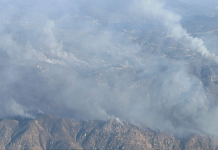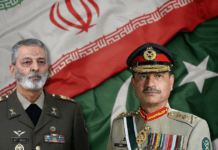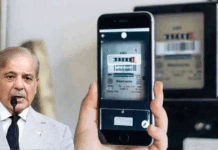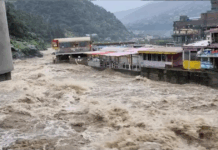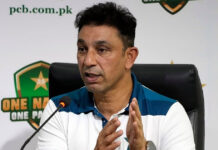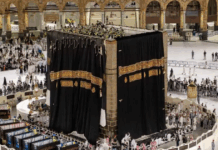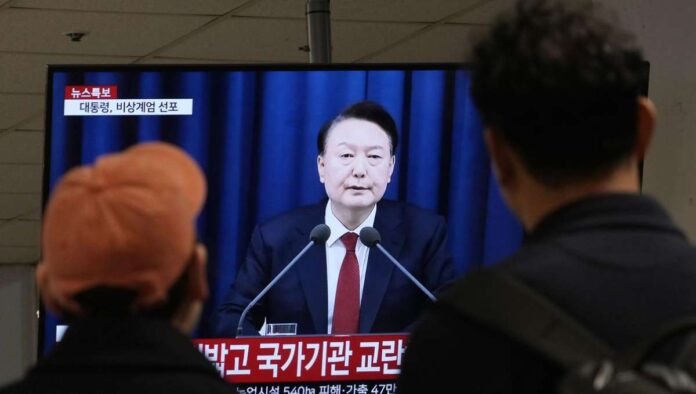South Korean President Yoon Suk Yeol declared martial law on Tuesday night. His declaration had shocked the nation and led to a standoff with lawmakers, who strongly opposed his actions. Faced with protests and criticism, he announced that the decision would be reversed by Wednesday morning.
Opposition Strongly Rejects Martial Law
The opposition Democratic Party, led by Lee Jae-Myung, called the martial law unconstitutional. Lee argued that it was an unjustified move against the people. He said, “President Yoon declared emergency martial law for no reason. Tanks, armoured vehicles and soldiers with guns and swords will soon control the country.” The Democratic Party and other critics saw the martial law as an overreach of power and a threat to democracy.
Read more: Korean Muslim Daud Kim Fulfills His ‘Mosque’ Dream
Aftermath of the Reversal
Protestors chanted, “We won!” celebrating the rejection of the sudden Martial law. The Democratic Party intensified its calls for President Yoon to step down, with Park Chan-Dae, a senior member of parliament, stating, “Even if martial law is lifted, he cannot avoid treason charges. It was clearly revealed to the entire nation that President Yoon could no longer run the country normally. He should step down.”
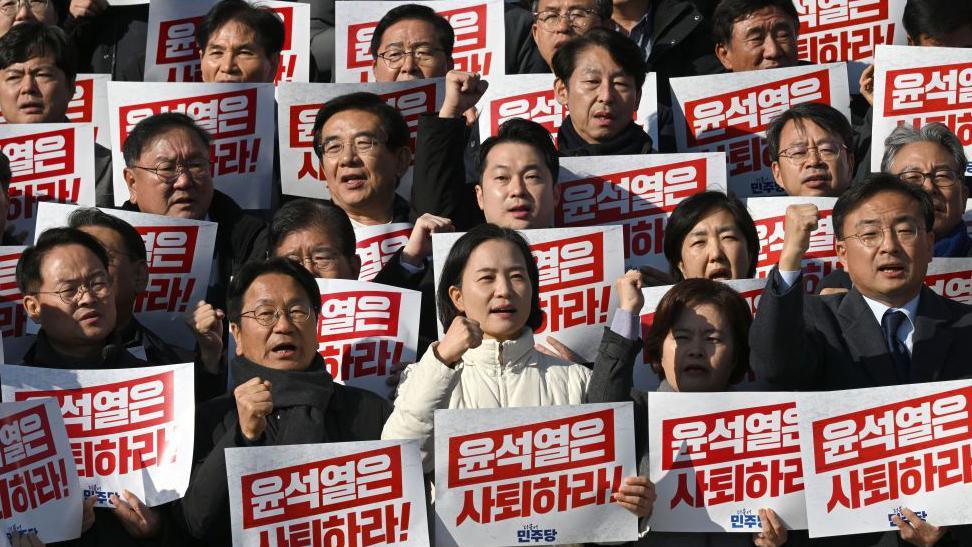
The party also announced plans to have Yoon impeached if he did not resign immediately. “We will not sit idly and watch President Yoon’s crime of destroying the Constitution and trampling on democracy,” the Democratic Party declared.
Ruling Party and Government Response
Han Dong-Hoon, leader of Yoon’s ruling People’s Power Party, issued an apology to the public for the situation. He called for the Minister of Defense to be fired, saying, “The president must directly and thoroughly explain this tragic situation. The Minister of Defense, who recommended this martial law, should be immediately dismissed, and all those responsible must be held strictly accountable.”
Historical Context of Martial Law
This crisis marked the first time after decades that South Korea faced a martial law declaration. The last time such a measure was taken was in 1980 during a nationwide uprising led by students and labour unions.
President Yoon Suk Yeol’s unexpected decision to declare martial law and then quickly cancel it demonstrates the high level of political tension in South Korea. The strong reactions from lawmakers, opposition parties, and the public show concerns about democracy and the law.
Stay tuned to Brandsynario for the latest news and updates.





